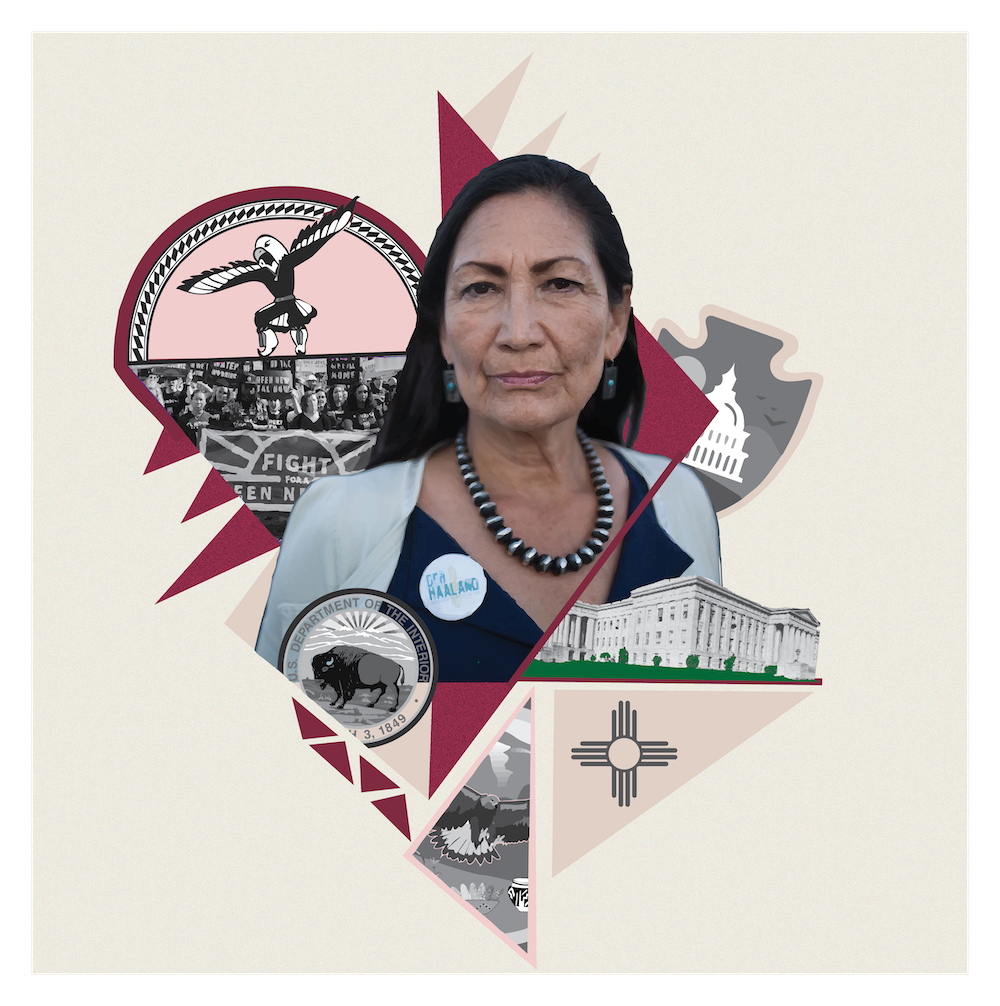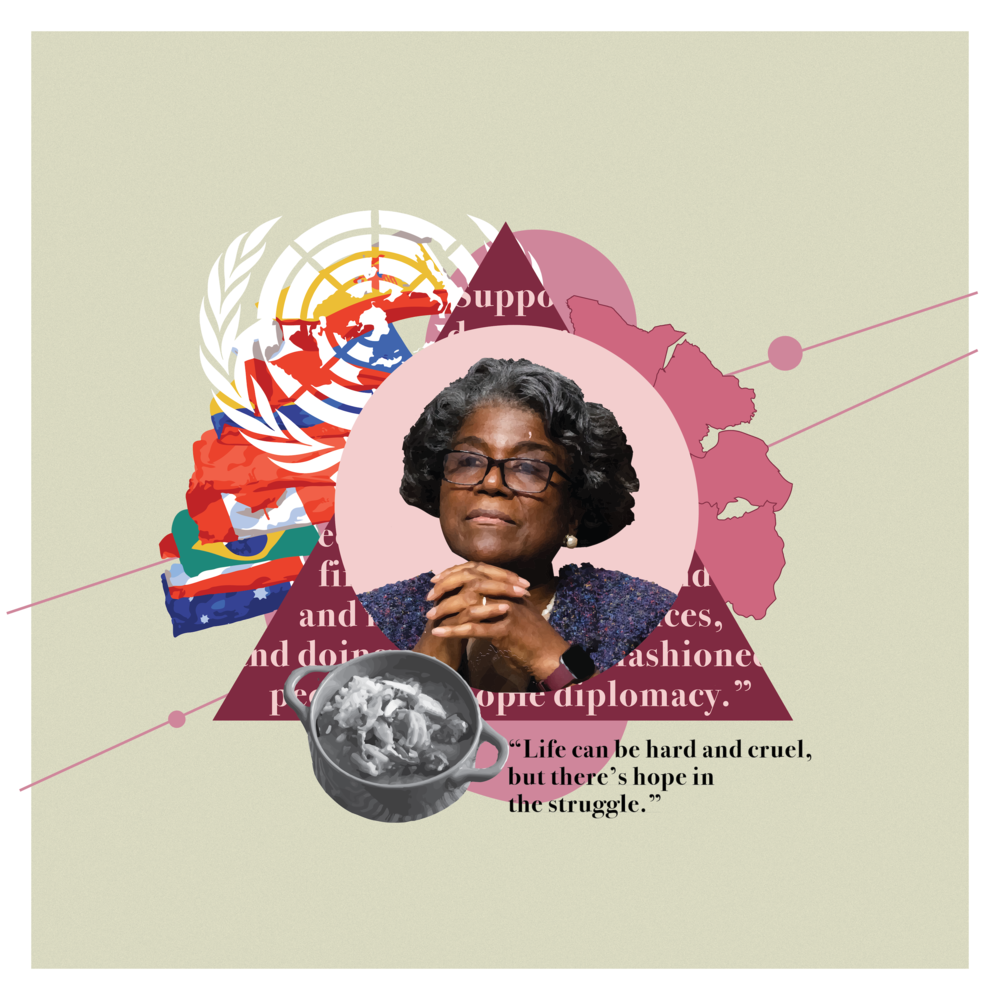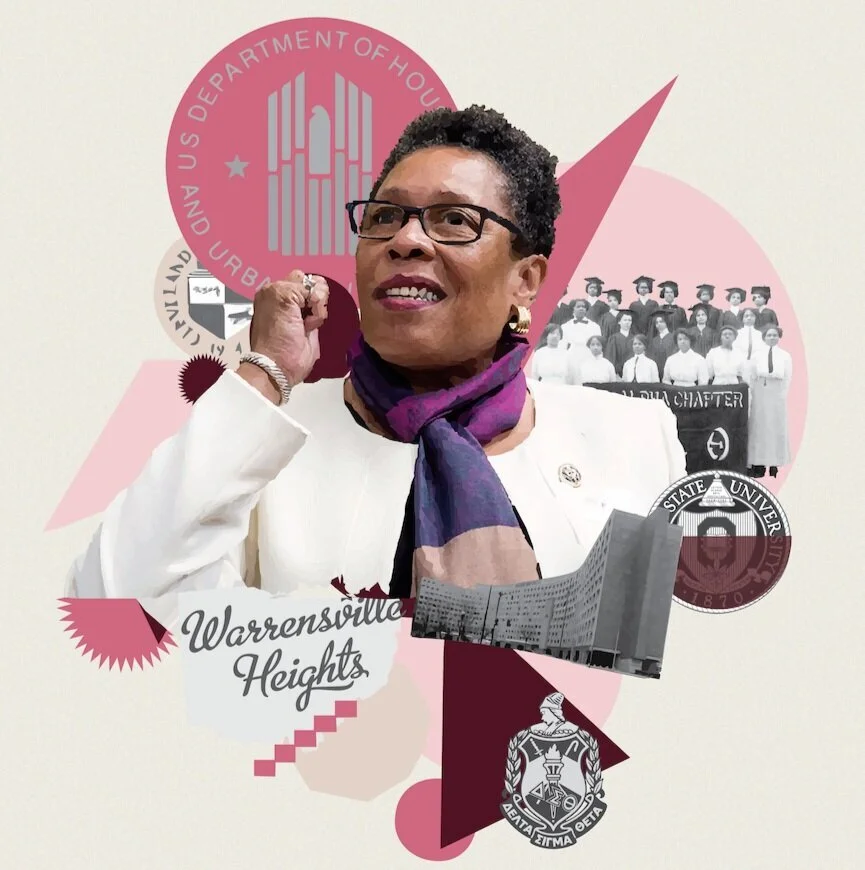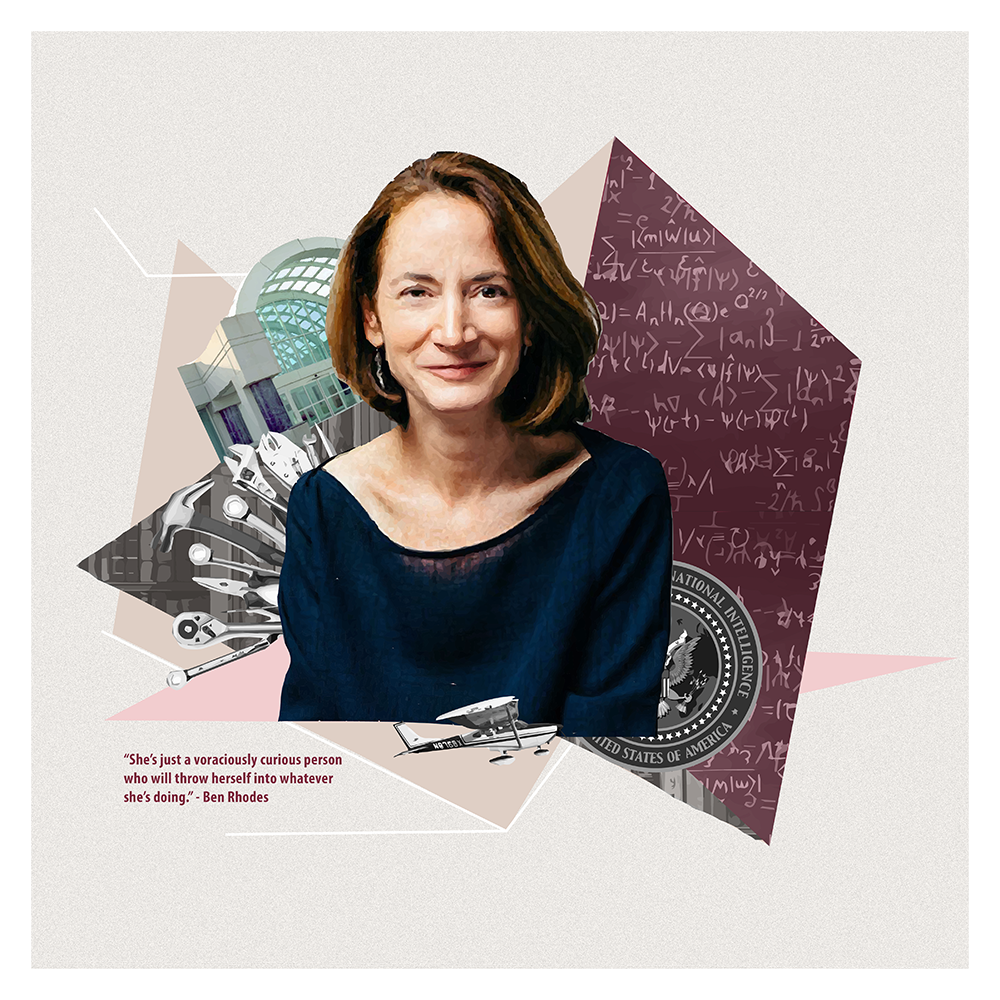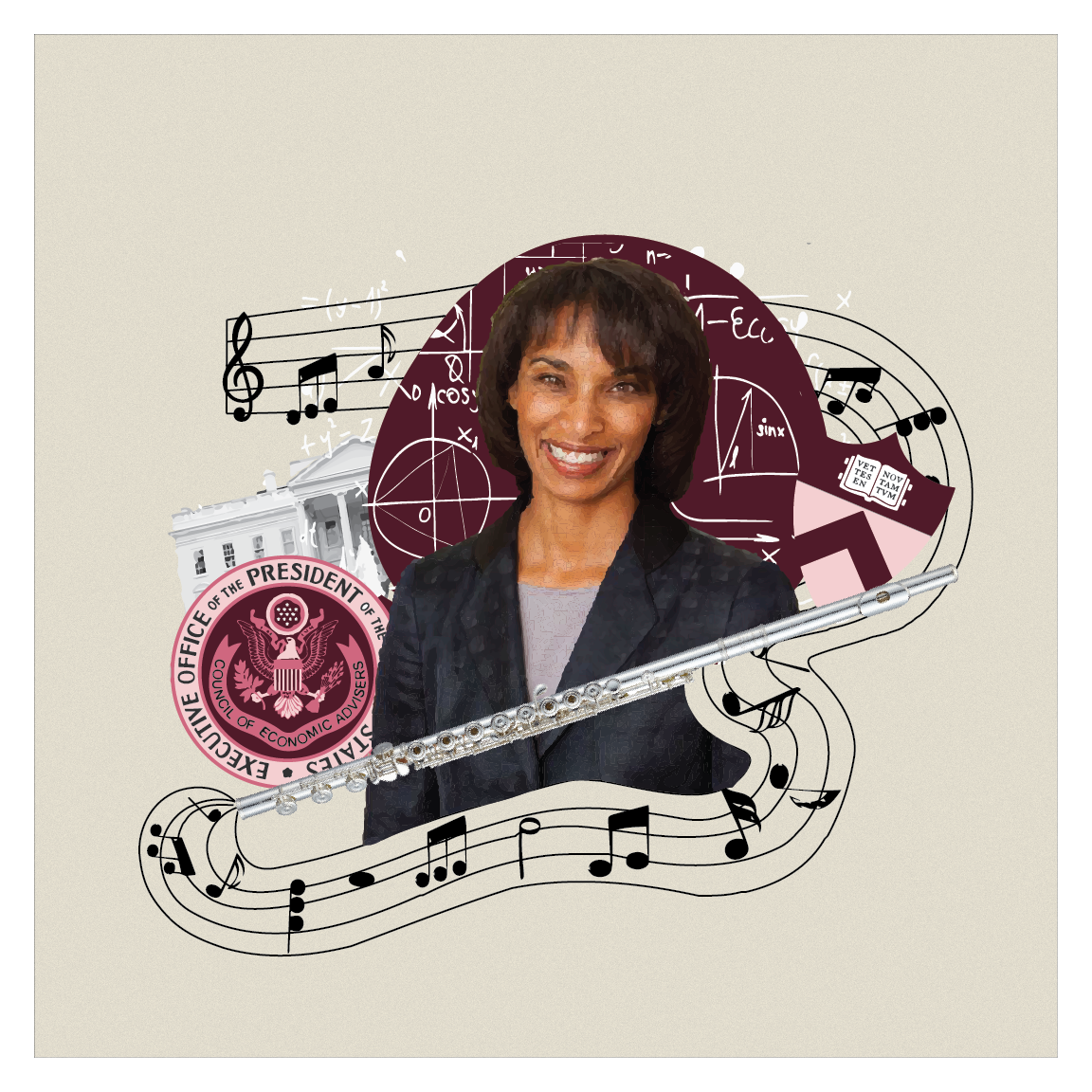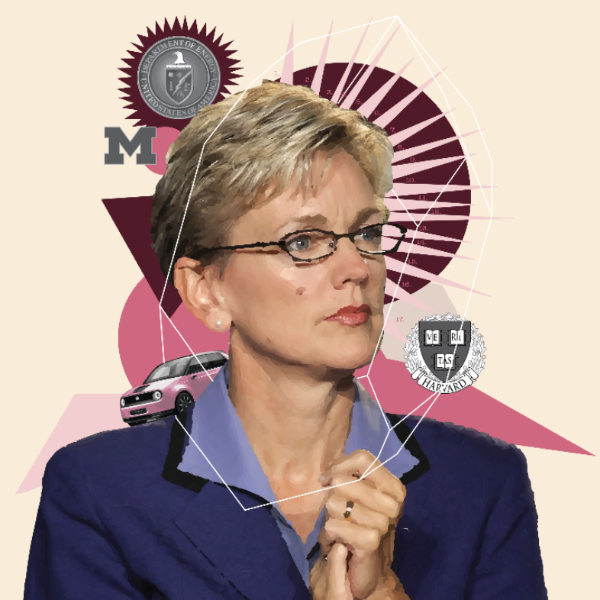I confess to being somewhat addicted to women’s conferences. I'm always energized by the female and feminist energy. That’s partly why I initiated, in partnership with TED, the annual TEDWomen conference… and it’s partly why I am inspired to share with you this week a report from Women Deliver – one of, if not the largest women’s conference in the world — convened for the first time on the African continent.
More than 6,500 women (and a few good men) traveled to Rwanda, a country with the largest representation of women in government – more than 60% of the Parliament and two-thirds of the cabinet ministers. Many of them were present at Women Deliver, along with women and youth leaders from nearly every country. Opening night at the huge sports arena had the energy of a World Cup final!
Credit: RwandaGov Twitter
But the most inspiring moments were learning from and connecting with women from around the world, as we all navigated the hundreds of well-curated sessions on a wide range of global subjects: women’s health, reproductive rights, LGBTQIA+ rights, economic inclusiveness, entrepreneurship, women’s representation and leadership, and a priority for me, sessions on the global climate crisis which is at the intersectional center of so many other global challenges.
My co-founder of Connected Women Leaders and Project Dandelion, Hafsat Abiola, along with our climate mentor and chair of The Elders, Mary Robinson, were there to listen, learn, and share the global campaign for climate justice, Project Dandelion, with potential partners and funders. More about this when we officially launch the campaign this fall!
Top: With Connected Women Leaders co-founder Hafsat Abiola, Women Deliver board chair and former UN Under-Secretary-General and Executive Director of UN Women Phumzile Mlambo-Ngcuka, and Maliha Khan, president and CEO of Women Deliver. Bottom: (l-r) With Natalie Sifuma, She Changes Climate and Hafsat Abiola; With Connected Women Leader Mary Robinson; Hafsat Abiola and Mary Robinson presenting Project Dandelion.
The connecting theme for the week of programming was “Spaces. Solutions. Solidarity.”
These three words summed up the purpose and the curatorial focus of this convening: the six days gave us SPACE — we filled nearly every hotel in Kigali and attended sessions all over this flourishing capital city of Rwanda.
SOLUTIONS to the global challenges facing women right now were the focus in many sessions on topics as diverse as the rollback of rights, climate related food insecurity, health care, climate change-fueled weather catastrophes, resource and capacity limitations, extreme poverty, access to education, female representation, and continuing discrimination.
How to innovate, develop, and sustain solutions that serve all communities was a central question addressed, no matter the challenge — from child marriage to FGM to gender based violence, to the misinformation campaigns that are barriers to the adoption of solutions, especially for the global climate emergency. I learned a lot about where and how women-led solutions are addressing these challenges, but in almost all cases without enough funding or the kind of unified public awareness and/or support needed to truly scale these solutions. What is needed for this is SOLIDARITY, the third organizing theme.
For me, this was the big takeaway, as well as affirmation that we need a next generation women-led movement that creates connections between all those doing good work that is still largely being carried out in silos. We need to unify and work together to strengthen, amplify and scale these efforts. We also need to attract more funding as less than 2% of philanthropic investment capital is currently going to women-led climate solutions. Partly, this is because of a lack of awareness of the important work women are leading everywhere – but especially on the continent of Africa.
Another of the lasting impacts of Women Deliver for me is a deeper understanding that the solutions to many, if not all, of the global challenges being experienced nearly everywhere, but much more profoundly in the Global South, will be solved by entrepreneurs, frontline warriors, youth activists, and enlightened business and political leaders who are also from the Global South. Africa is clearly emerging as a continent with the resources – from people to ideas – to lead and solve many of the world’s most pressing threats and challenges.
Women Deliver Youth session.
But no one region or one country or one extraordinary community of leaders can take us forward to the potentially better times ahead. This will take every one of us getting engaged; committing to doing our part; however small or big; and stepping up to demand that our leaders take the actions necessary to claim the future that is possible. Women Deliver reminded me that the reality of that opportunity is before us.
Ellen Dorsey, executive director of the Wallace Global Fund, said it eloquently: “We are the first — and the last generation – with the opportunity to get this right and solve this crisis with more just and equitable solutions.”
We can do this. And I believe we will deliver!
Onward!
- Pat
P.S. - I will be preparing for the launch of Project Dandelion in August and will resume sending weekly newsletters in September.





